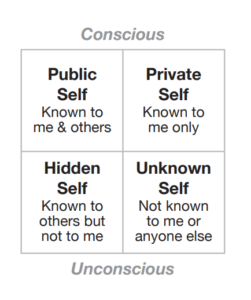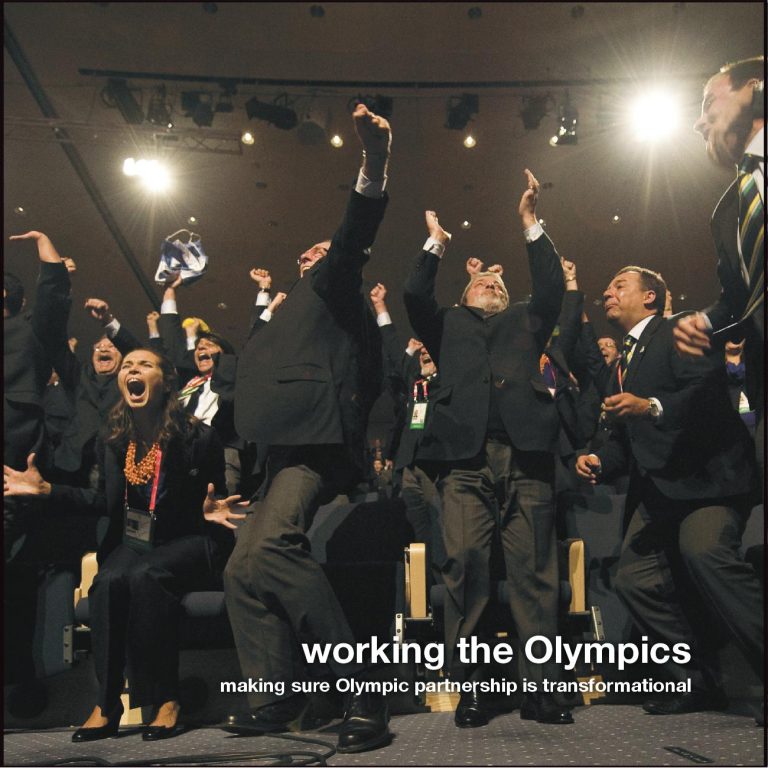
Learnings from Olympic sponsorship consultancy
We chose to specialise in Olympic sponsorship consultancy because the scale of the undertaking ensures that the partnership has the full attention of the business
As longstanding IOC Partners commonly recognise, first time domestic Partners often lose up to two years just trying to understand the real nature of that challenge. Two things are clear: there is no template and success or failure is 100% within the control of the Partner. That’s why we’re here. Since 2005, we have developed unique expertise in offering Partnership support for the Olympic and Paralympic Games.
Redmandarin’s partners have direct experience of over 20 Olympic Partner campaigns, including three from London 2012 and five for Tokyo 2020. We have experienced, analysed and understand every part of the Games process.
Our Olympic Partnership support services are comprehensive, including visioning and campaign creation but extending to opportunity assessment, business case modelling, negotiation support, evaluation methodologies, communications and engagement planning, Games-time systems and operations, and learning management systems.
Our promise is to:












Redmandarin believes the Olympics represent a transformational business opportunity, but most businesses, faced with a proposal to partner an Olympic Games, don’t have a clue where to start. Why would they? Most businesses’ understanding of sponsorship is a combination of logo exposure and hospitality.
But the Olympics – broadcast globally without media exposure for the sponsors – throw out the sponsorship rulebook.
For businesses looking to be swayed, Visa is the dream case study: their ascent, from a distant third place to pre-eminent card provider globally, maps closely enough against their embrace of the Olympics to beat off most sceptics. Samsung, similarly. In 1998, Samsung was unknown in most of the world, a Korean OEM; amongst western consumers, it was faceless. Like any business success, Samsung’s rise to dominance in consumer electronics has many threads – but once again its rapid emergence in global markets coincides too closely with its appearance as a TOP Partner to be easily decoupled.
The IOC – and most Olympic Partners – talk up their associations. When a business is investing upwards of US$160m into a single marketing programme, it serves everyone to report success. And yet, for every Visa and Samsung, there are many companies who have failed to realise the Olympic dream.
Large, respected companies such as Kodak or Johnson & Johnson. Or Amex. Or IBM. Companies who would roundly deny any sense of failure, but whose length of tenure as an Olympic Partner speaks for itself. At the domestic level, strike rates are even worse. The risk and reward of Olympic partnership are high.
Despite the challenge in discerning fact from fiction in the self-assessment of Olympic Partners, one thing is clear: the difference between success and failure is 100% within the control of the business.
Over the course of ten Olympic and Paralympic Games offering Olympic Partnership support to brands in Europe, the US and Japan, Redmandarin became fascinated by the varying ability of business to take full advantage of the opportunities which an Olympic partnership brings. A number of factors make consideration of Olympic partnerships of particular interest:


The Johari window is a simple model, beloved of coaches, facilitators and trainers, to help explore levels of self-awareness. Its principal virtue is to introduce the concept that, whatever area of life it’s applied to, there are areas about which we really don’t know exactly how much we don’t know (Donald Rumsfeld’s infamous unknown unknowns).
When considering an Olympic partnership, the Johari window is a good place to start. Until they have had direct experience of an Olympics, most companies really don’t know how much they don’t know. Levels of due diligence tend to rely on conversations with past Games Partners from the same sector, the nearest ‘expert’ and a few well-thumbed case studies.
Comparison of the stories of three banking Partners – Westpac in Sydney, RBC in Vancouver and Lloyds TSB in London – begins to suggest the weaknesses of hoping for simple ‘like for like’ learnings, in the face of hugely differing geograpies, cultures and economies.
Redmandarin published ‘Working the Olympics’ in 2012.
It was written to give prospective Partners an honest and pragmatic guide to working the Olympics.
It covers every aspect of Olympic and Paralympic Partner support and has been used by Redmandarin to support its Olympic and Paralympic engagements in 2016 and 2020.
It was also the inspiration for our Learning Management System and Partner capability building. It remains the only practitioner guide to Olympic and Paralympic marketing.
‘Working the Olympics’ focuses both on the learnings of TOP Partners who have had the chance to refine their Olympic practice over years; and the often painful learnings of domestic Partners from their baptism of fire. The interviews in the book are extracted and edited from far longer conversations which helped to confirm and clarify our understanding. The learnings and principles which emerged are relevant to all sponsorship properties.

The first chapter, the Olympic landscape, covers the major structural, cultural and attitudinal differences of the major Olympic and Paralympic institutional players, and their relevance to Partners.
For posts related to Olympic and Paralympic marketing, see below or visit our blog.

We chose to specialise in Olympic sponsorship consultancy because the scale of the undertaking ensures that the partnership has the full attention of the business

We’ve spent the last two years researching a book on Olympic partnership and how to ensure it can be transformational. The research draws on direct experience

Where is the boundary between communal and rightsholder IP? This interview was first published in ‘Working the Olympics’. This interview tracks Jim’s experience of Scotia